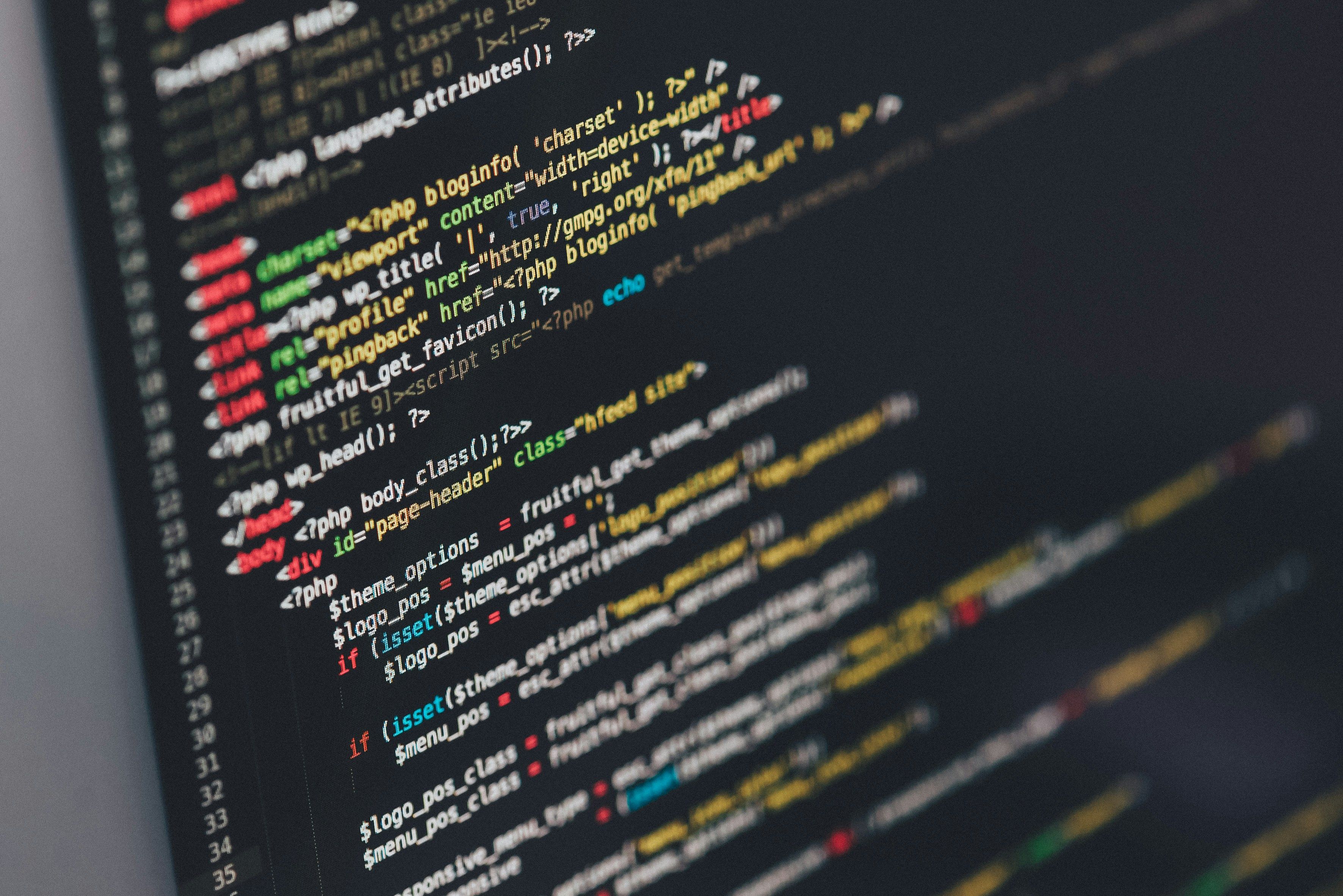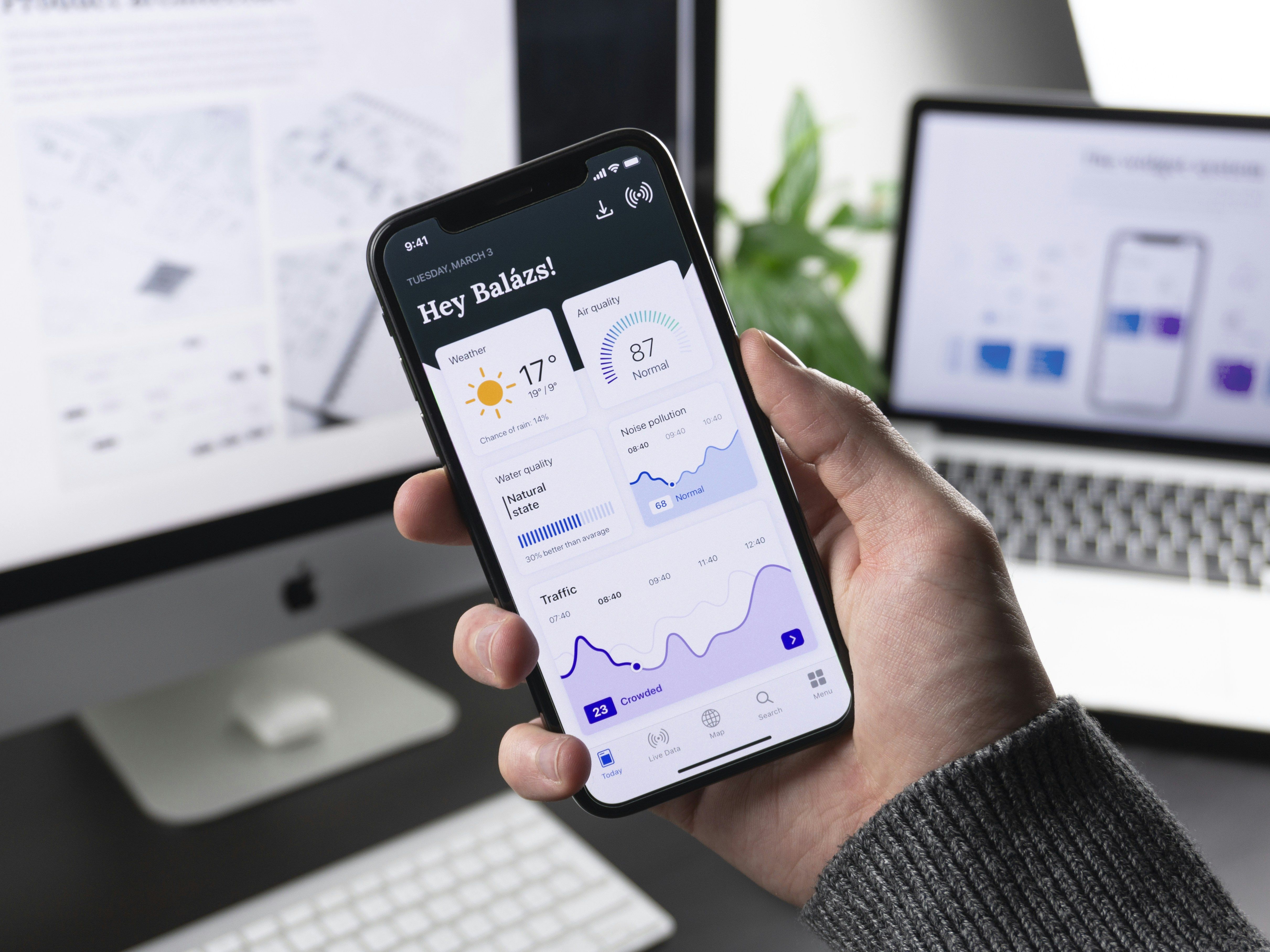The software development landscape is undergoing a seismic shift. Artificial Intelligence has evolved from a promising technology to a fundamental force reshaping how we write, test, and deploy code. This transformation is not just about efficiency—it's about fundamentally redefining what it means to be a developer in the AI era.

The AI-Powered Development Revolution
The days of simple autocomplete are long gone. AI has become a true coding partner, capable of understanding context, suggesting architectural patterns, and even writing entire functions based on natural language descriptions. Tools like GitHub Copilot X, Amazon CodeWhisperer, Cursor (my favourite) and other emerging AI coding assistants are transforming the development workflow.
What makes this revolution different from previous technological shifts is the level of understanding these AI systems now possess. They don't just suggest code completions; they understand the broader context of your project, the patterns you're following, and can generate entire modules that align with your existing architecture.
"AI isn't replacing developers—it's creating a new breed of AI-augmented developers who can focus on higher-level problem-solving while AI handles the repetitive coding tasks."
The most significant change is how AI handles natural language to code conversion. Developers can now describe complex functionality in plain English, and AI generates production-ready code that follows best practices. This isn't just about writing boilerplate faster; it's about translating human intent into working software with unprecedented accuracy.
The Efficiency Revolution
AI-powered development tools are delivering unprecedented productivity gains that are fundamentally changing how we measure developer output. The traditional metrics of lines of code or features shipped are being replaced by more meaningful measures of problem-solving and system design.
Developers working with AI assistants report dramatic improvements in their workflow. The most striking change is the reduction in time spent on repetitive tasks. What used to take hours of manual coding now happens in minutes through AI collaboration. This isn't just about speed—it's about freeing mental bandwidth for more creative and strategic work.
The real impact becomes apparent when you look at the debugging process. AI systems can now analyse code, identify potential issues, and suggest fixes before problems even occur. They understand common patterns and can spot anti-patterns that human developers might miss. This proactive approach to code quality is transforming how we think about software reliability.

Consider the example of a typical validation function. In the past, developers would manually write each validation rule, test edge cases, and handle error messages. Now, you can simply describe the validation requirements to an AI assistant, and it generates comprehensive validation logic that covers not just the obvious cases but also edge cases and security considerations.
The Job Market Transformation
The developer job market is evolving in ways that few predicted just a few years ago. The traditional role of a developer is being augmented by AI capabilities, creating new opportunities and challenges for professionals in the field.
The most significant change is the emergence of AI-augmented developers—professionals who excel at working alongside AI tools rather than competing with them. These developers understand how to effectively communicate with AI systems, how to validate and refine AI-generated code, and how to integrate AI suggestions into larger architectural decisions.
Another emerging role is that of the prompt engineer—specialists who understand how to craft effective instructions for AI systems. This isn't just about writing clear prompts; it's about understanding the underlying AI models, their capabilities and limitations, and how to structure requests to get the most useful responses.
The traditional skills that made a great developer are still valuable, but they're being complemented by new competencies. System design and architectural thinking are becoming more important than ever, as AI handles much of the implementation details. The ability to break down complex problems into components that AI can effectively work with is now a critical skill.

The Future of Development Teams
The way development teams work together is being fundamentally altered by AI integration. The traditional model of individual developers working in isolation is giving way to collaborative AI development practices that leverage the strengths of both human creativity and AI efficiency.
AI pair programming is becoming the new standard, where developers work alongside AI assistants that understand their coding style, project context, and architectural preferences. This isn't just about having an AI that can write code; it's about having an AI partner that can think through problems with you, suggest alternative approaches, and help you explore different solutions.
The impact on remote development is particularly significant. AI systems are bridging the gaps that physical distance creates, providing consistent coding standards and shared knowledge across distributed teams. New team members can be onboarded more quickly as AI systems help them understand existing codebases and coding patterns.
Project management is also being transformed. AI systems can now predict development timelines more accurately by analysing code complexity, team velocity, and historical patterns. They can identify potential blockers before they become problems and suggest optimal task assignments based on individual developer strengths and current workload.
Challenges and Considerations
While the benefits of AI in software development are substantial, there are important challenges that need to be addressed as we move forward. The most critical concern is maintaining the human element in software development—the creative problem-solving, ethical decision-making, and user-centered thinking that AI cannot replicate.
Security is another major consideration. As AI systems become more sophisticated, they also become potential attack vectors. Ensuring that AI-generated code doesn't introduce security vulnerabilities requires new approaches to code review and testing. We need to develop new tools and processes for validating AI-generated code at the same level we validate human-written code.
There's also the question of intellectual property and code ownership. When AI systems generate significant portions of code, who owns that intellectual property? How do we attribute contributions when AI and human developers work together? These legal and ethical questions are still being resolved as the technology evolves.
The potential for bias in AI systems is another concern. AI models are trained on existing codebases, which may contain biases or problematic patterns. Ensuring that AI-generated code doesn't perpetuate these issues requires careful attention to training data and ongoing monitoring of AI outputs.
Looking Ahead
The pace of change in AI-powered development is accelerating, and we're likely to see even more dramatic transformations in the coming years. The next wave of innovation will likely include AI-native programming languages designed specifically for collaboration between humans and AI systems.
We're also moving toward more autonomous AI systems that can build entire applications from high-level specifications. This doesn't mean developers will become obsolete—it means their role will shift toward system design, user experience, and business logic while AI handles the implementation details.
The development environment itself is becoming more intelligent. AI systems are learning individual developer preferences and adapting their suggestions accordingly. This personalisation is creating development experiences that are tailored to each developer's style and needs.
Conclusion
The software development landscape is not about AI replacing developers—it's about AI augmenting human capabilities to create better software faster. The most successful developers will be those who learn to work alongside AI, leveraging its strengths while maintaining the human creativity and judgment that remain irreplaceable.
The future belongs to developers who can think at a higher level, design better systems, and use AI as a powerful tool in their toolkit. The question isn't whether AI will change software development—it's how quickly you can adapt to this new reality.
The transformation we're witnessing is not just technological; it's cultural. We're moving from a model where developers write every line of code to one where they orchestrate AI systems to solve complex problems. This shift requires new skills, new mindsets, and new approaches to software development.
The developers who thrive in this new landscape will be those who embrace AI as a collaborator rather than a competitor. They'll focus on the aspects of development that require human creativity and judgment while letting AI handle the repetitive and predictable tasks. This partnership between human and artificial intelligence is the future of software development.
